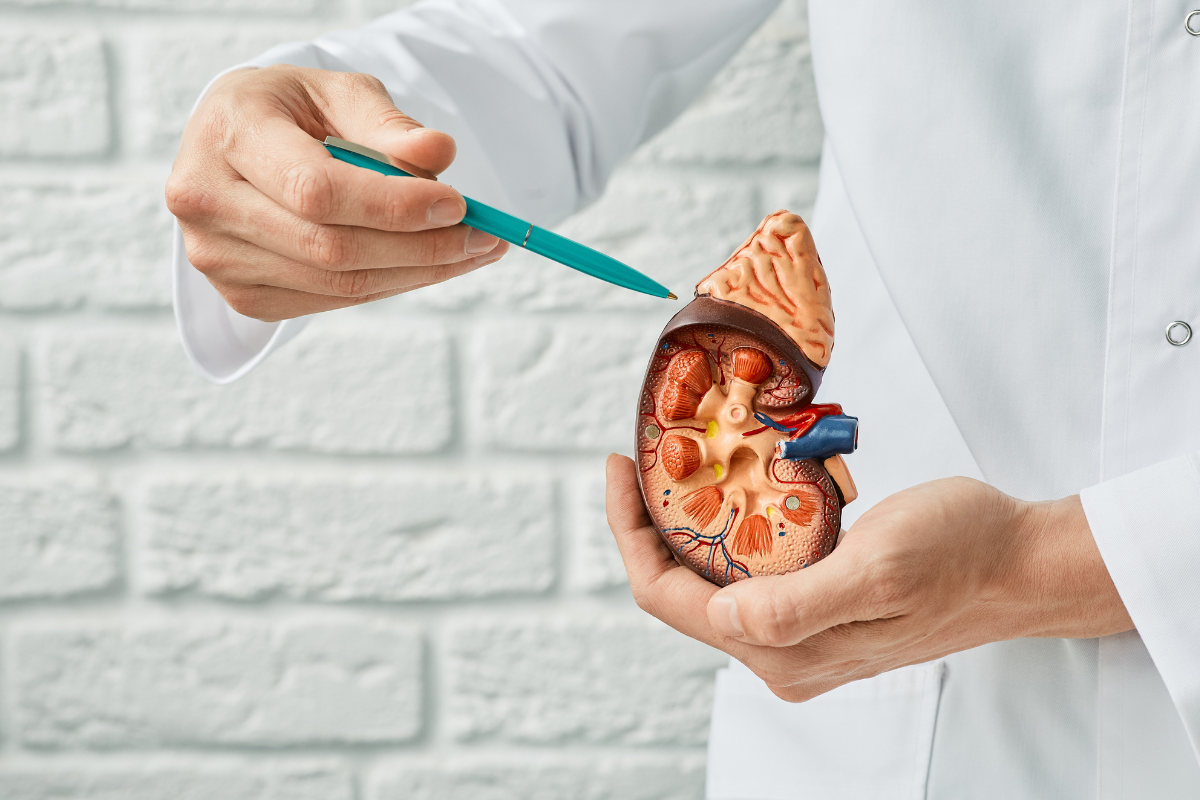- Anesthesiology
- Cardiology
- Dermatology
- Dialysis
- Endocrinology
- ENT
- Gastroenterology
- General medicine
- General surgery
- Gynaecology
- Infertility
- Intensive care
- Laparoscopic surgery
- Nephrology
- Neurology
- Obstetrics
- Oncology
- Orthopedics
- Pediatric
- Physiotherapy
- Plastic surgery
- Psychiatry
- Pulmonology
- Radiology
- Urology

Urology is a field of medicine and surgery that focuses on the study of genito-urinary tract problems. Here, conditions affecting the kidneys, adrenal glands, bladder, urethra, and male reproductive systems are treated. Males' reproductive and urine systems are intimately correlated, and because of this, problems affecting one system have an impact on the other, leading to Genito-urinary illnesses. Urologists are physicians who specialise in treating these problems. Numerous conditions are treated, including urine incontinence, renal dysfunction, prostate and kidney cancer, kidney stones, and male infertility.
Why choose Altor Hospitals for Urology?
Urologists at Altor Hospitals use cutting-edge laparoscopic and laser techniques to treat patients. Urologic patients receive compassionate multi-disciplinary care from the department. Urologists provide individualised care to patients of all ages and genders. The Department uses cutting-edge technology to undertake minimally invasive procedures that improve patient recovery. For transplant patients, the Department provides expert consultation, counselling, and education.
Our services in urology
- Cystitis
- Bladder cancer
- Urinary tract infections
- Epididymitis
- Interstitial cystitis
- Erectile dysfunction
- Testicular cancer
- Bladder stones
- Kidney stones
- Kidney cancer
- Prostate cancer
- Haematuria
Our treatment in Urology
- Percutaneous renal surgery
- Laparoscopic surgery
- Lithotripsy
- Endourology
- Laser for prostatic cancer
- Renal transplantation
- Ureteroscopy
- Vasectomy
- Cystoscopy
FAQs
What's a UTI?
Urinary tract infections are UTIs. Bacteria, fungi, and viruses cause infections. Bacteria cause most UTIs. Before causing symptoms, the body quickly removes bacteria from the urinary tract. However, sometimes microorganisms cause infection. Urethritis is urethral infection. Cystitis is bladder infection. The ureters can spread bacteria to the kidneys. Pyelonephritis is kidney infection.
What exactly is haematuria?
Blood in the urine is known as haematuria. There are two kinds of blood in the urine. Gross haematuria is the medical term for blood that is visible in the urine. Microscopic haematuria refers to the presence of blood in the urine that can only be detected under a microscope.
How does haematuria become treated?
Treatment for haematuria involves addressing its underlying cause. There is no need for treatment if there is no significant condition causing the haematuria. Antibiotics are used to treat haematuria brought on by a UTI; urinalysis should be performed six weeks after the antibiotic course has ended to ensure the infection has subsided.
When should I consult a urologist?
When a person is dealing with or exhibiting symptoms of a disorder affecting the genitourinary tract, such as, but not limited to, recurrent urinary tract infections, blood in urination, poor bladder control, urine leakage, or difficulty urinating, they should seek the advice of a qualified urologist.
